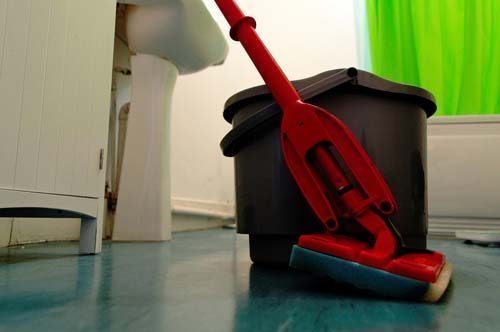
Domestic workers in Qatar work more hours a week than those in any other job in the country, a report by UN agency the International Labour Organisation has found.
Those working in private households work 60 hours a week on average, the fifth highest tally in the world, only behind Malaysia (65.9) KSA (63.7) Tanzania (63) and Namibia (62.)
Antoinette Vlieger, a researcher at the University of Amsterdam who has conducted extensive fieldwork on domestic workers in the Gulf, told The National that she believes many workers far exceed the total hours stated in the report.
“Working hours are indeed well above 60 hours, more like a 100,” she says. “During Ramadan this becomes even worse and many domestic workers run away, simply because they are exhausted…The shelters of the embassies are totally overcrowded.”
Qatar also scores poorly when domestic workers’ wages are compared to average salaries; a housemaid’s salary here is typically 22.6% of an average wage packet. The report states that domestic workers around the world typically earn around 40% of average wages.
Pay for domestic workers continues to be tricky issue in Qatar.
An unofficial ban on the issuing of new visas to Filipina maids is still in force. It’s thought the ban was introduced in response to a request from the Philippines government for its nationals to be paid at least $400 a month for domestic work.
Qatar’s 40,000+ Filipina domestic workers receive an average of QR900, or $247, monthly.
The ILO report goes on to explain why wages are so low:
“The general undervaluation of tasks that are perceived as “typically female” plays out against domestic workers. To a large extent, domestic work involves tasks that women have traditionally shouldered in the home without pay, such as cleaning, cooking…caring for children. Perceptions about the innate nature, as opposed to the formal acquisition, of skills and competencies required to perform these tasks persist.”
Thoughts?
Credit: Photo by DaveCrosby







